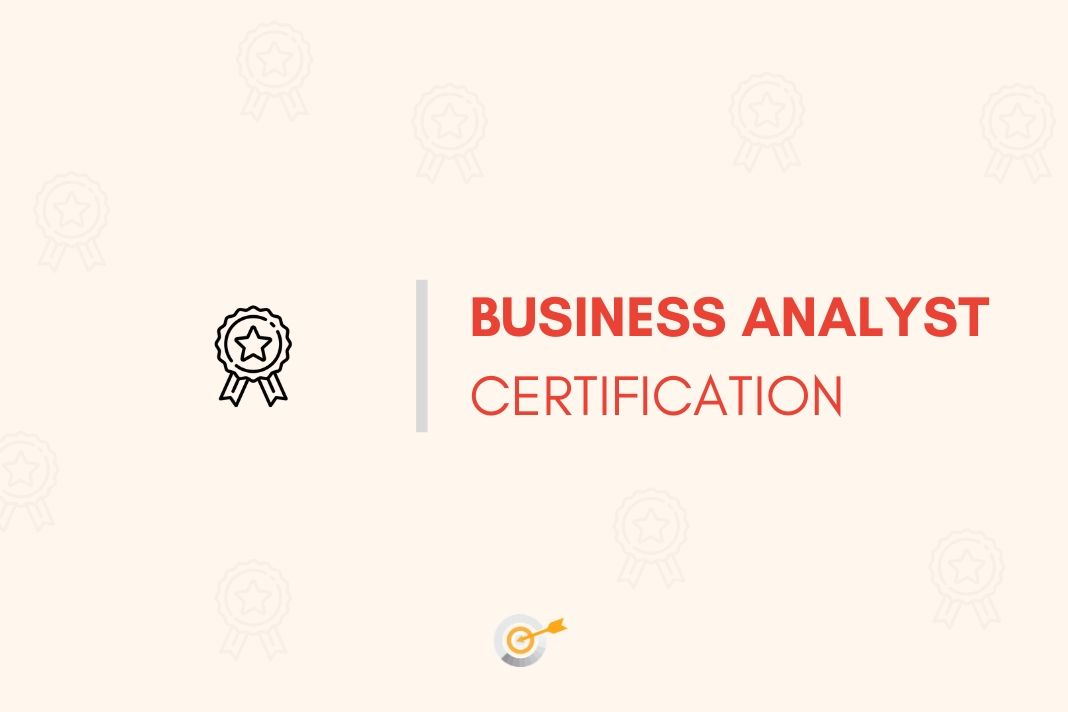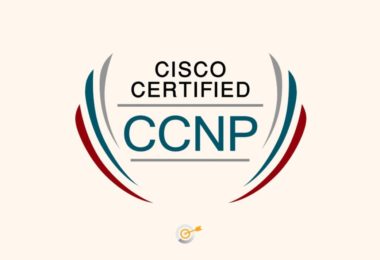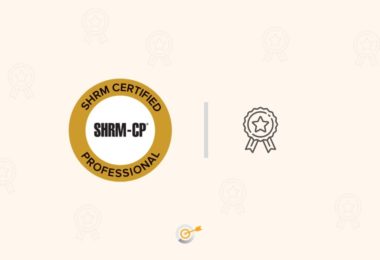
Overview of the Certification
The Certification of Capability in Business Analysis (CCBA) designation is a professional certification from International Institute of Business Analysis (IIBA) for business analysis practitioners who want to be recognized for their expertise and skills by earning formal recognition. The CCBA exam is based on A Guide to the Business Analysis Body of Knowledge (BABOK Guide) and is available in English and Japanese.
Types of Certifications
The International Institute of Business Analysis (IIBA) launched the Business Analysis Competency-based Certification Levels, of which there are four:
- Entry Certificate in Business Analysis (ECBA™)
- Certification of Competency in Business Analysis (CCBA®)
- Certified Business Analysis Professional (CBAP®)
- Certified Business Analysis Thought Leads (CBATL)
| Level | Initials | Certification Name | Description |
| 1 | ECBA | Entry Certificate in Business Analysis | This certification is for professionals who are new to the field. |
| 2 | CCBA | Certification of Capability in Business Analysis | The certification aims to recognize professionals who have business analysis experience of 2-3 years |
| 3 | CBAP | Certified Business Analysis Professional | The certification is for professionals with a BA work experience of 5 years and above. |
| 4 | CBATL | Certified Business Analysis Thought Leader | Certifies BA professionals who have over 10 years of experience and wish to contribute and give back to the BA community |
Also Read ;
How to Be a Freelance Business Analyst
7 Must Have Skills for Freelance Business Intelligence Analysts
Why is Business Analyst Certification Required?
It’s estimated that the need for business analysts will grow by 14 percent by 2024. By getting a BA certification, those currently in the profession can expand their skill set and keep it current, as well as increase their earning potential.
- Certification validates your skill set – Getting certified is a great way to build credibility as a business analyst. Certification validates your skills as a business analyst. A foundational business analyst certification(1) will equip you with competencies that can open up a whole new world of opportunity.
- Certification can help to increase your salary – The average entry-level salary for a BA is at least $67,000. The ROI can be considerable. For example, the global average (non-entry-level) for women is $78,980, and $75,410 for men. “In comparison, the average salary of top 5 certification holders came in at $85,804, or an 11% increase in earnings per Business Analyst Salary.
- Certification builds your peer network – According to LinkedIn, 85 percent of jobs are filled via networking. The chance to meet and interact with peers seeking the same objective is an invaluable networking opportunity. Networking doesn’t have to be a separate activity from training. Getting certified as a business analyst helps you kill two birds with one stone.
- Certification Helps Grow Your Business Analysis Career– In the field of business analysis, certification validates professionals’ skills, helps to increase their salary, and builds their peer network. Research confirms certification increases your earning power. Spending less than 1% of your salary could give you an 8% increase with certification from IIBA.
ECBA Exam
The ECBA Certification exam consists of 50 multiple choice questions with 1.5 hours allocated for the questions. These questions are taken from the BABOK guide.
The ECBA Level 1 exam is designed to test the candidate’s knowledge and understanding in the following areas:
| BABOK Guide Knowledge Areas |
| Business Analysis Planning & Monitoring | 5% |
| Elicitation & Collaboration | 20% |
| Requirements Lifecycle management | 20% |
| Strategy Analysis | 5% |
| Requirements Analysis and Design Definition | 24% |
| Solution Evaluation | 1% |
CCBA Certification
The CCBA is designed for business analysis professionals who want recognition for their selective expertise and skills in business analysis. It is the second level business analysis certificate accredited by IIBA. A highly valued certification, it places emphasis on work experience, personal development, competencies and the knowledge of latest trends in the industry.
Professionals with their CCBA are in high demand across major industries due to their competence, thus, helping businesses to grow more.
To apply for the Capability in Business Analysis (CCBA) exam, applicants must meet the following criteria(1)
- Minimum 3750 hours of business analysis work experience aligned with BABOK Guide in the last seven years
- Minimum 900 hours in each of 2 of the 6 knowledge areas OR 500 hours in each of 4 of the 6 knowledge areas
- Minimum 21 hours of Professional Development in the past four years
- Minimum high school education or equivalent
- Two references from a career manager, client or Certified Business Analysis Professional (CBAP) recipient
- Signed Code of Conduct
Applicants are expected to review the CCBA Handbook for complete information on application criteria, application and exam fees and details on how to apply.
The CCBA exam has 130 multiple questions which are answered over the course of a three hour period. These questions are scenario based and can be evaluated based on the candidate’s practical application of the specific competencies.
The CCBA Level 2 exam is designed to test the candidate’s knowledge and understanding of the following:
| BABOK Guide Knowledge Areas |
| Business Analysis Planning & Monitoring | 12% |
| Elicitation & Collaboration | 20% |
| Requirements Lifecycle management | 18% |
| Strategy Analysis | 12% |
| Requirements Analysis and Design Definition | 32% |
| Solution Evaluation | 6% |
CBAP Certification
The CBAP exam is a computer-based exam and it comprises 3.5 hours long of 120 multiple choice questions. These questions are case studies of information with different questions about the case and are based on competency. Qualifying for the CBAP requires that you have a minimum of 7,500 hours worked in the past 10 years with 900 hours of experience in four of six areas of expertise. 35 hours of professional development reviewed by IIBA. Minimum 21 hours of professional development in the last four years. Two references from a career manager, client or certified business analysis professional (CBAP) recipient.
The CBAP Level 3 exam is designed to test the candidate’s knowledge and understanding of the followings:
| Business Analysis Knowledge |
| Business Analysis & the BA Professional | 2.5% |
| Underlying competencies | 5% |
| Business Analysis key concepts | 5% |
| Techniques | 12.5% |
CBATL Certification
A CBATL is the fourth level of the IIBA certification. It is essential for business analyst professionals who have more than 10 years of experience and are referred to as thought leaders. The CBATL certifications require the applicant to have A minimum of 10 years’ experience.
Where to Get Online Resources
IIBA offers the required training material and resources for the exam. In addition to that, other training providers include Udemy, Simpli Learn, Upgrad, Tech Canvas etc.




